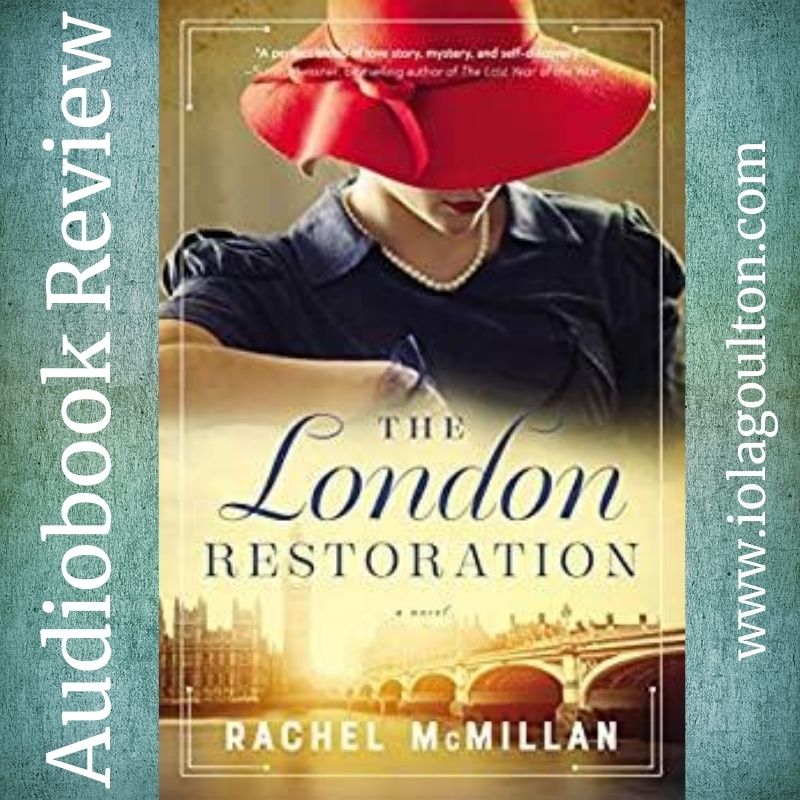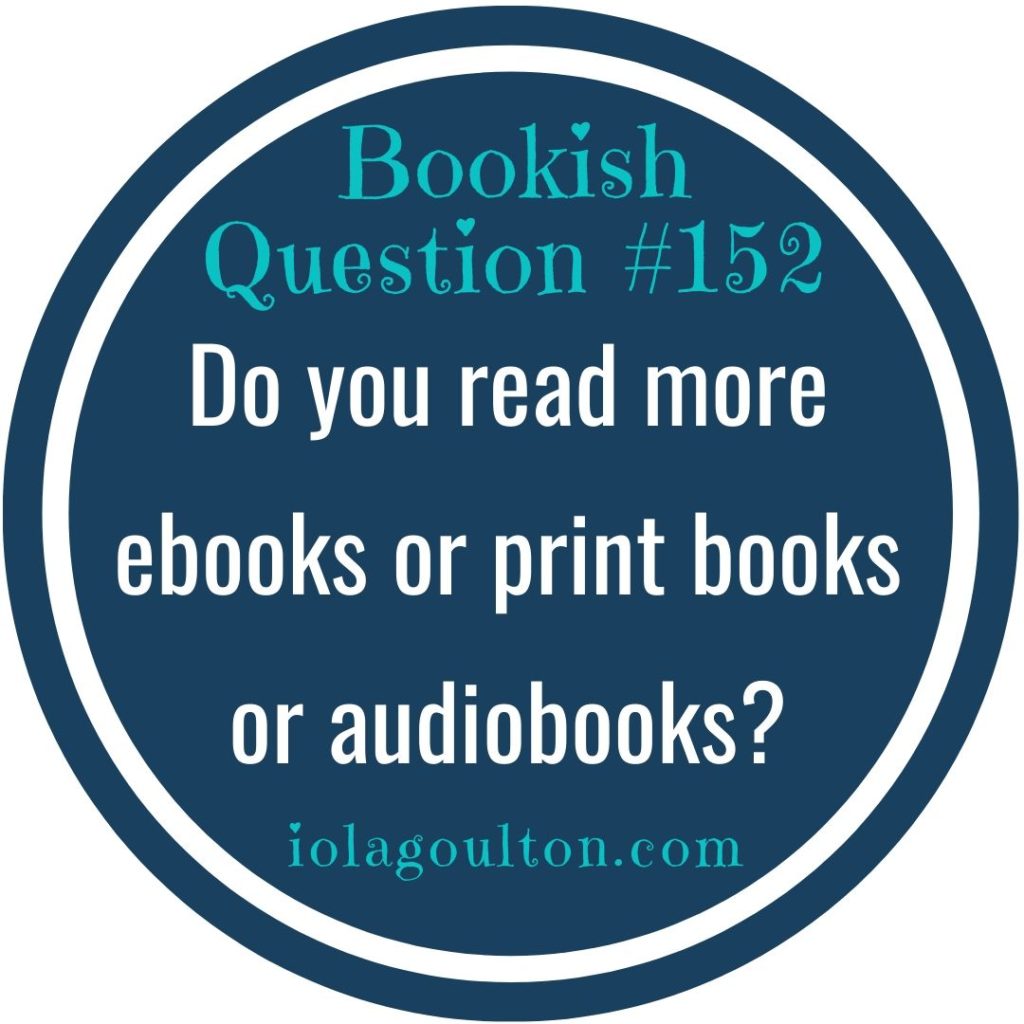I’m not a big audiobook listener, but NetGalley has recently started making audiobooks available so I thought I’d give The London Restoration a go as an audiobook.
Long story short, I’m still not a fan of audiobooks.
The London Restoration is romantic suspense with a twist—Diana and Brent are already married when we meet them a few weeks after the end of World War II. But they’ve been separated by war for years, and it’s almost as though they are strangers. And there’s the matter of what Diana did during the war. Brent thinks she was a translator, but she actually worked at Bletchley Park.
As such, I should have loved this story.
It’s got London and churches and spies and codes—all things I love in fiction. While I enjoyed it, I didn’t love it, and I think that’s mostly because of the audiobook experience.
The narrator had an English accent, which was a plus (although there were a handful of words I don’t know if she pronounced correctly i.e. in London English). She also did a great job using her voice to show the difference between the two viewpoint characters, and between the multiple speaking characters (although I didn’t work out until the very end that Fisher and Carne were the same person—I thought Fisher was a surname, not a first name. Oops).
Yes, the audiobook had the problems I always have with audiobooks.
It felt slow, because it takes longer to listen than to read, even at 1.75 speed. Yes, I’m a fast reader. Listening is much more stop-and-start than a novel, because I tend to listen while I’m driving, and my commute is 15 to 25 minutes. It therefore takes a couple of weeks to listen to an 11-hour audiobook. It was interesting enough to keep me listening, but not so gripping that I wanted to listen at other times.
The writing was excellent.
But that was also a problem: you can’t highlight favourite quotes in an audiobook. I couldn’t even write them down, as I was listening while driving. So while I could appreciate the writing, I can’t share it with you. I do recall a couple of oddities—they ate a lot of eggs, considering the ration was one per week (or less).
The descriptions of wartime London were excellent, and I could feel Diana’s passion for the Wren churches (the churches designed by Sir Christopher Wren following The Great Fire of London in 1666). I lived in London for ten years, and felt the city coming to life as I listened. It reminded me of friends and family telling me about their experiences in wartime London, and got me wondering what lies behind the stories they didn’t tell. It was obvious Rachel McMillan has a real passion for her story, and that she’s done her research.
There were a lot of flashbacks.
The flashbacks were to before and during the war—to when Diana and Brent met and married, and to some of Diana’s experiences during the war. That made the story harder to follow, as it wasn’t always clear where a flashback fit in the overall timeline. And that’s my overall problem. I pay more attention when I’m reading than when I’m listening, and I think I would have enjoyed the story more if I’d read it.
Fans of Roseanna M White and Carrie Turansky will enjoy The London Restoration.
But I wish I’d read it rather than listening to it.
Thanks to Thomas Nelson and NetGalley for providing a free audiobook for review.
About Rachel McMillan
Rachel McMillan is a keen history enthusiast and a lifelong bibliophile. When not writing or reading, she can most often be found drinking tea and watching British miniseries. Rachel lives in bustling Toronto, where she works in educational publishing and pursues her passion for art, literature, music, and theater.
Find Rachel online at:
Website | Facebook | Instagram | Pinterest | Twitter
About The London Restoration
The secrets that might save a nation could shatter a marriage.

Now that the war is over, the Somervilles’ long-anticipated reunion is strained by everything they cannot speak of. Diana’s extensive knowledge of London’s churches could help bring down a Russian agent named Eternity. She’s eager to help MI6 thwart Communist efforts to start a new war, but because of the Official Secrets Act, Diana can’t tell Brent the truth about her work.
Determined to save their marriage and rebuild the city they call home, Diana and Brent’s love is put to the ultimate test as they navigate the rubble of war and the ruins of broken trust.
Find The London Restoration online at:
Amazon | Christianbook | Goodreads | Koorong


